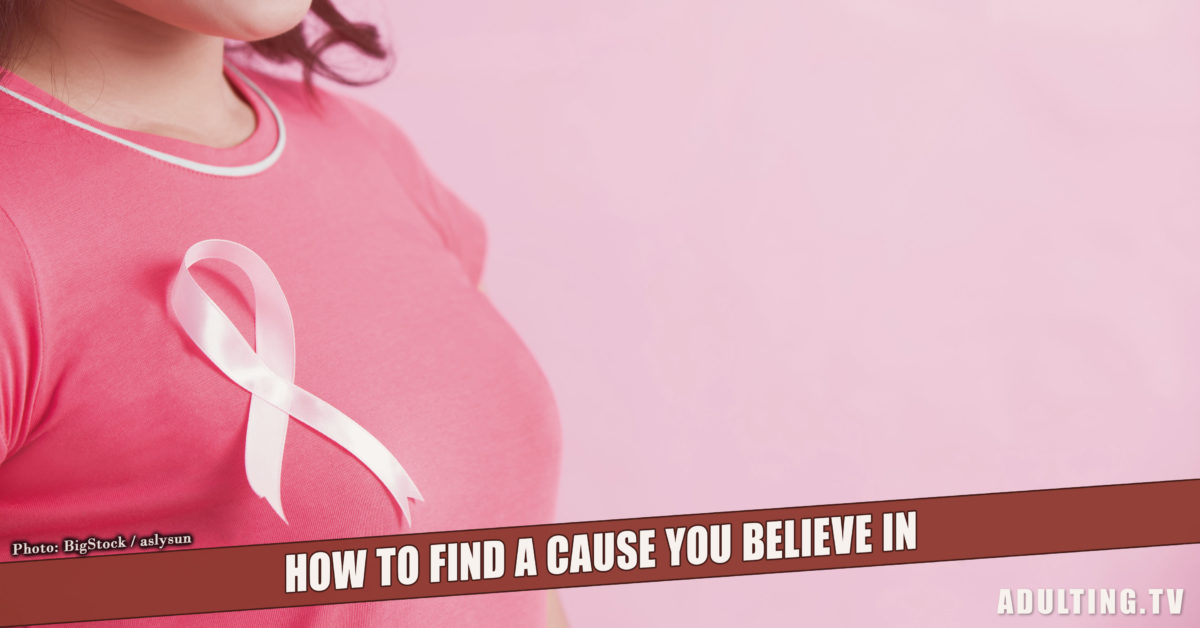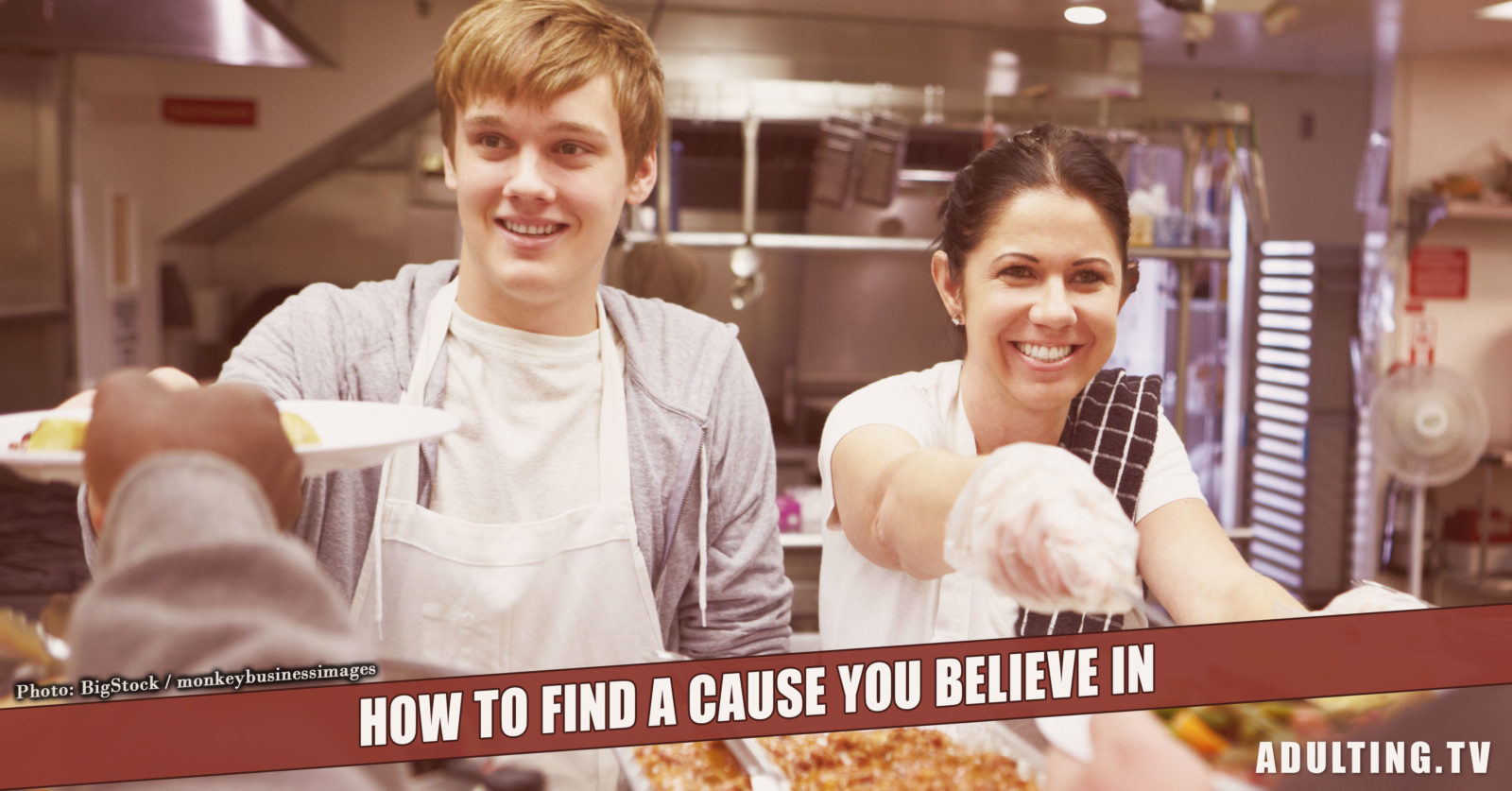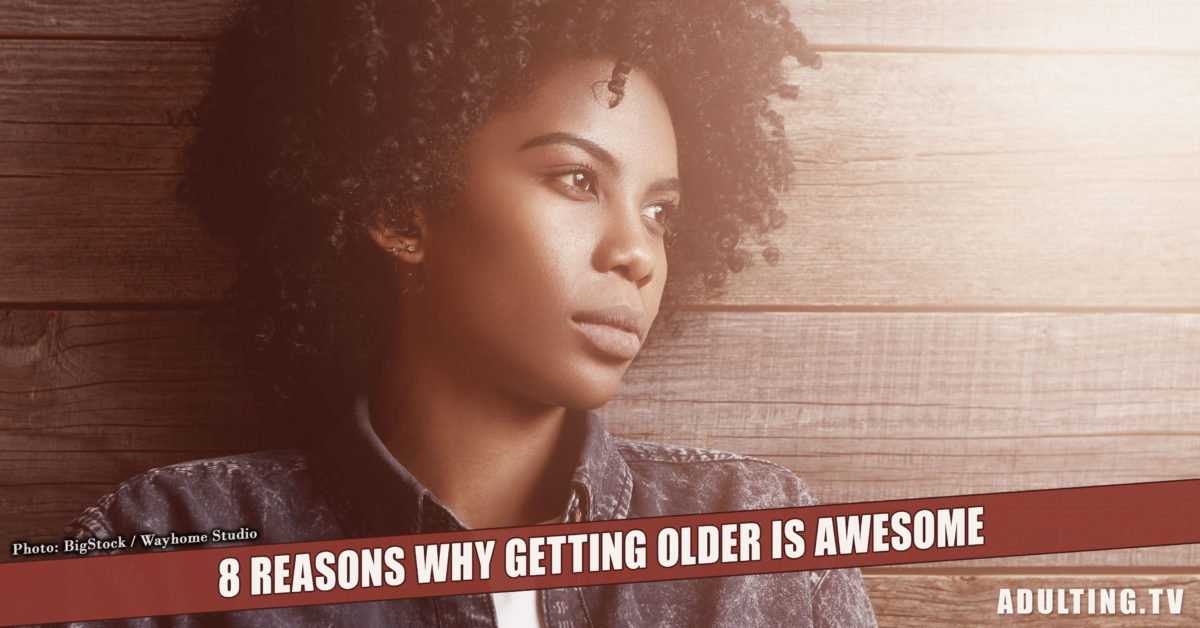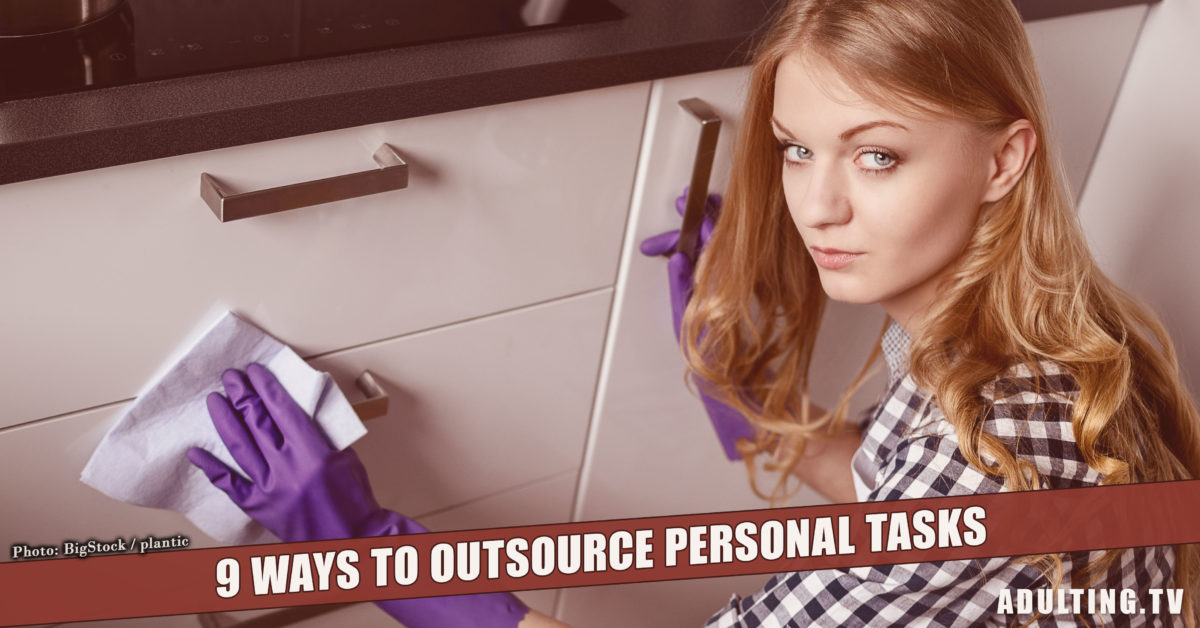“Follow your bliss.”
“Do what you love, and you’ll never work a day in your life.”
What does any of that mean?
Sure it would be nice to just hang out having fun and making money for doing whatever. The reality, though, is that most of us have to work for a living.
Besides, even if we love what we do, some days are just crappy. As much as I enjoy writing, there are days I just don’t really “feel” it.
But I do it anyway because I like eating, and I think my son should wear clothing to school. Does the fact that some days aren’t bliss-filled and there are times I have to write shit I don’t care about mean I’m on the wrong path?
Of course not.
You’re not supposed to be in a state of blissful happiness 24/7. If you were in that state all the time, it would cease to be bliss. Once it becomes normal, there’s really no point. It’s the ups and downs that make those precious moments worthwhile.
The real key is figuring out what your bliss happens to be and then incorporating that bliss in your life.
That’s the journey I’m on right now. Rather than setting a bunch of quasi-meaningless goals for the new year, I’m making this a time of exploration for me. What do I want my purpose in life to be? How can I figure it out so I can follow my bliss?
Map it out: What does your bliss look like?
If you want to follow your bliss, the first step is to think about what it looks like. And be honest: would you really be happy lying on a beach somewhere doing nothing all the time? I know I wouldn’t be.
In fact, most of us don’t want to be stuck doing nothing. There’s a reason research indicates that early retirement can lead to an earlier death. There might be a correlation between not having a purpose after you quit work and a premature death. While there’s still plenty of research to be done, and the data isn’t conclusive, you can see why losing your purpose might mean mental and physical health problems.
But I’m not anywhere near retirement. I just want to figure out what matters to me so I can follow my bliss on a more regular basis.
So, inspired by Harlan’s life map, I created my own.
I named my map “Living with Passion and Purpose” because I decided that my bliss involves things that allow me to follow some of my passions while also living with a sense of purpose.
Many of us like to feel as though we can make a difference. Chances are when you think about how to follow your bliss, part of that is working in a capacity that allows you to help people, whether that means volunteering or cultivating career opportunities that allow you to feel as though you are contributing to something worthwhile.
You can figure out what your own bliss looks like by going through the exercise of creating a life map as well. Sit down and think about the kinds of things you would be doing for work and in your leisure time if you were able to follow your bliss.
One of the reasons that phrases like “follow your bliss” get so much play is due to the fact that, for most of us, money isn’t the driver that makes life interesting.
Here is what Rosabeth Moss Kanter at Harvard discovered about what makes work worth doing:
In research for my book Evolve!, I identified three primary sources of motivation in high-innovation companies: mastery, membership, and meaning. Another M, money, turned out to be a distant fourth. Money acted as a scorecard, but it did not get people up-and-at ‘em for the daily work, nor did it help people go home every day with a feeling of fulfillment.

Where does money fit when you follow your bliss?
Money is on my life map, but mostly as a subject I write and podcast about — as well as the Thing that allows me to follow all my other interests.
In order to fulfill the items at the base of Maslow’s hierarchy pyramid, money is necessary. You can’t buy food, water, or shelter without money. Even on the second level up, with safety needs, some sort of funds are necessary.
You can’t keep moving up the pyramid without the basics that often have to be bought. And, even as you progress up the pyramid, money can help you feel other things. I like to use money as a means to my ends. Many of the activities I have on my life map — items like travel and providing opportunities for my son — require money.
But I don’t like earning money just to have moar money.
Chances are that money isn’t your main motivator, either. Even if you don’t have same passions I do or hope to impact the world around you in the same way (I prefer small-scale, local efforts), you are probably motivated by something other than just piling up the benjamins in your bank account.
Add bits of bliss to your life.
Once you know what your bliss looks like, you can start adding it to your life. It doesn’t mean that you have to drop everything you’re doing right now to follow bliss. You can start looking for meaning in what you do, even if it is a crappy job.
Find other ways to add purpose to your life. Start a side gig. Volunteer. Take music lessons. Play with your kids. Netflix and chill. Join a book club. Spend the night in a hotel. Look for a way to make a small change that adds to your quality of life.
A few years ago, when I felt trapped in my life, I made time to take guitar lessons. For half an hour each week, I met with a teacher. I practiced for 15 to 20 minutes each day.
Is that enough to become a good guitar player? Nope. But it’s enough to find some enjoyment and passion in the day, learn something new, and get to the point where I can accompany other people. It wasn’t much, but it added something to my life — a spark of joy.
Today, I still like to get out the guitar on occasion. Just like I enjoy playing the piano. I’ve also added short, 10-minute lessons with Duolingo. I purposely carve out a half hour for lunch to read a chapter in a novel while I eat.
These are simple things that don’t take a lot of time. However, they bring a bit of bliss into my daily life. They give me a sense that I don’t always have to be involved in the daily grind or working on something productive. Sometimes it’s okay to just live.
Little by little, reduce the amount of time you spend on things that don’t bring you happiness and shift toward what adds purpose and passion to your life.
Don’t expect everything to change at once.
It would be great to snap your fingers and have everything figured out. But that’s not how it works. In fact, it can take months — and even years — to finally shift all the pieces of your life.
You don’t have to upend your life to follow your bliss. And you don’t have to stop what you’re doing just because you have a bad day.
However, you can make a plan. Use your life map as a guide to figure out which areas you want to focus on first. Consider how you can create a new career strategy that allows you to gradually change course and love your work.
Slowly find time to yourself, doing what you want. Maybe it means finding five minutes to do yoga or scheduling 20 minutes to read each day. I recently added exercise to my calendar. It’s something that is now blocked out and I’m committed to it. While it’s not exactly my bliss, I do feel better when I exercise and I also expect to reap the health benefits.
Your life will never be absolutely perfect. But it can be pretty damn good.
Look for the little ways to enjoy life, and you’ll be surprised at how it all adds up until eventually you really do get to live the life you (mostly) want.

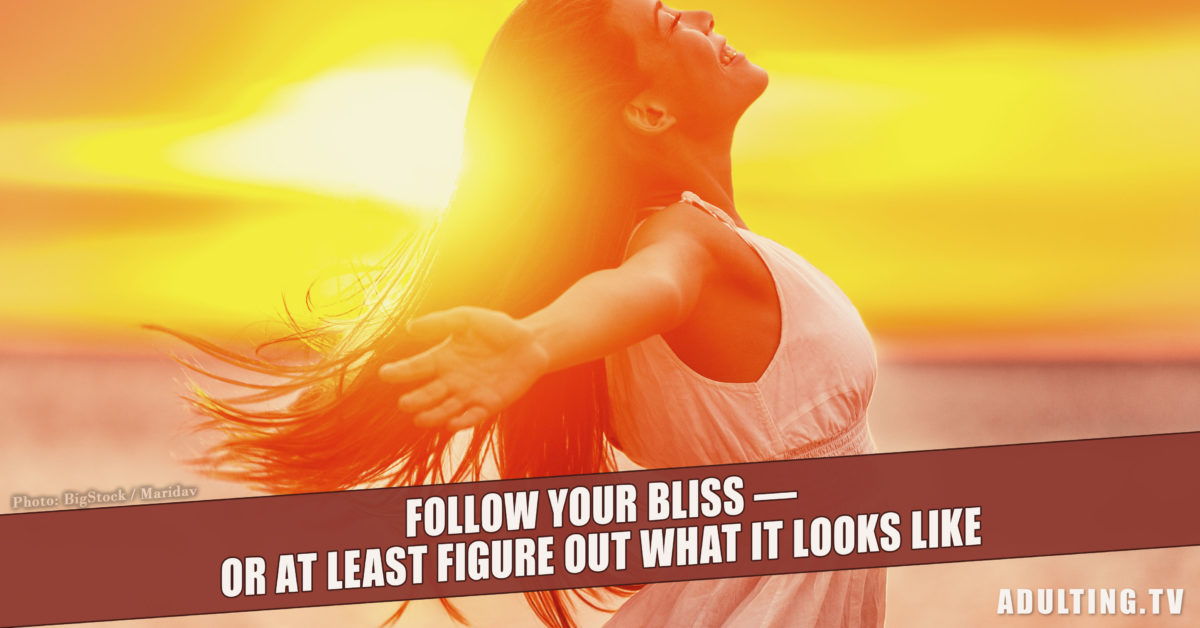
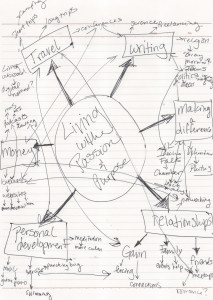

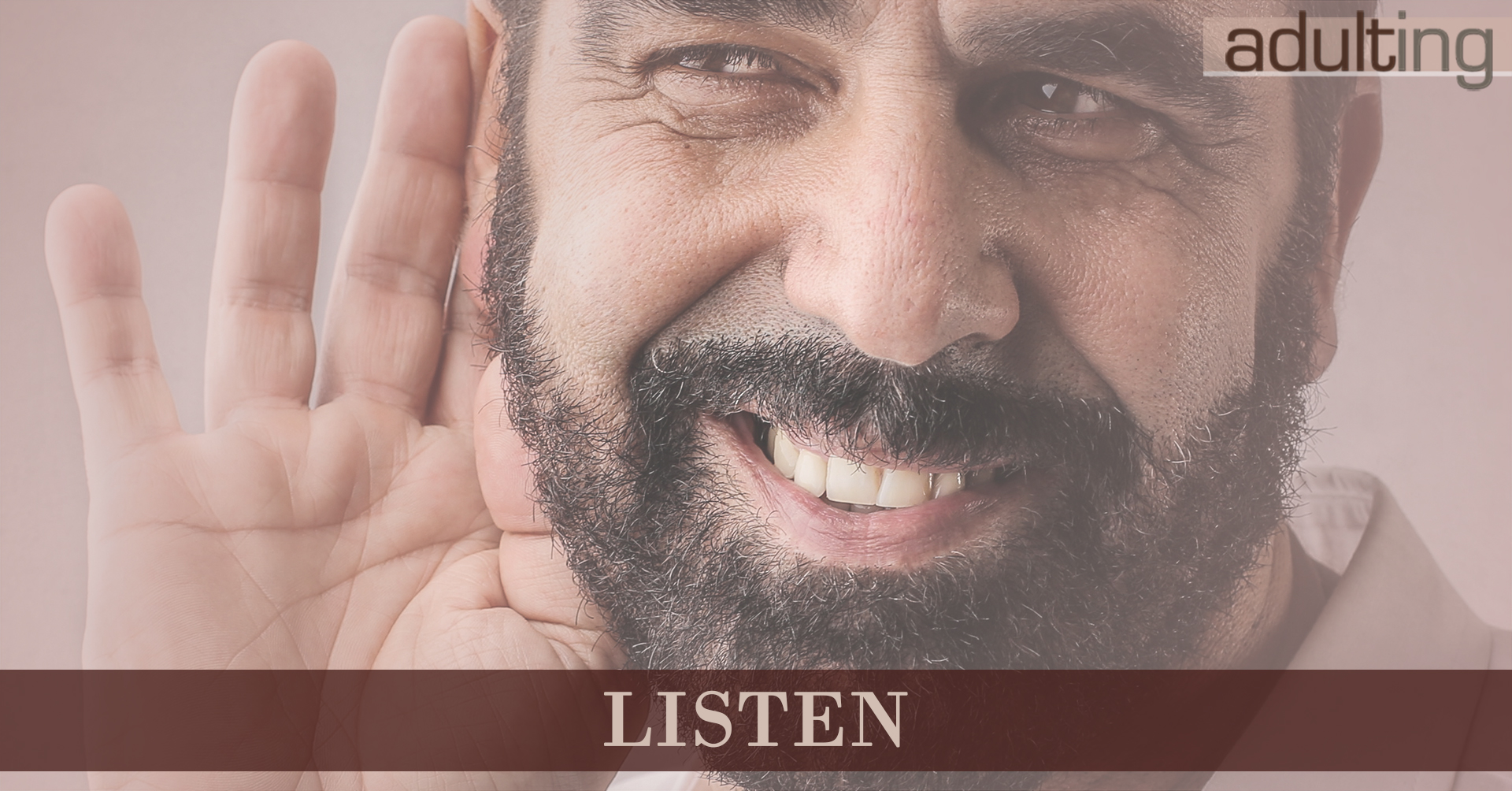

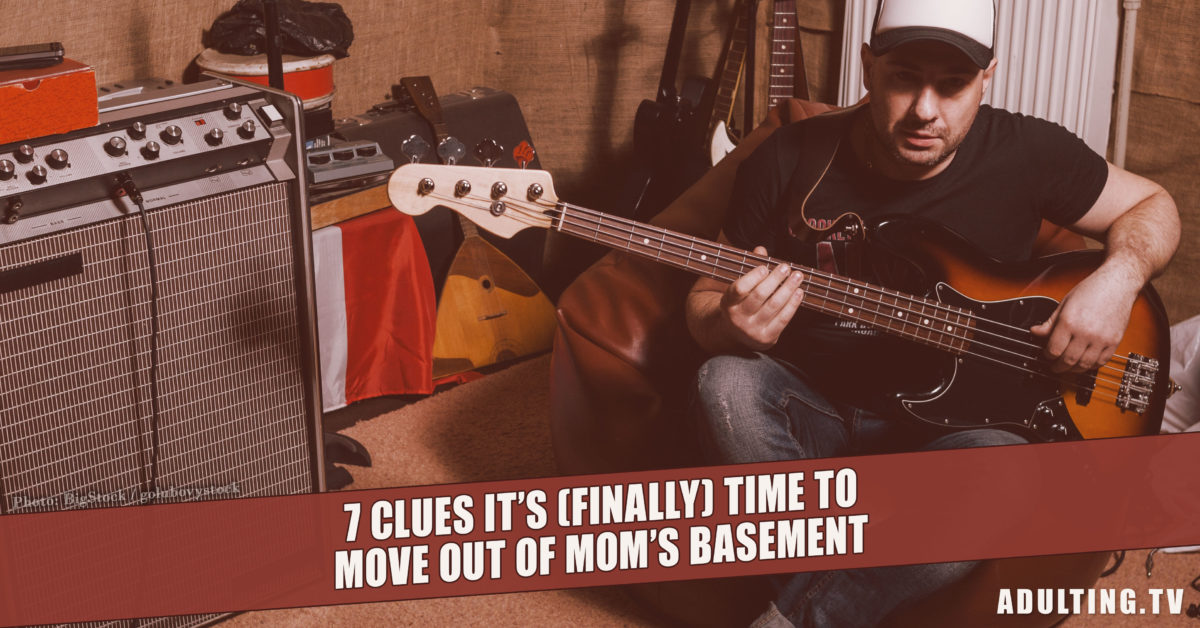
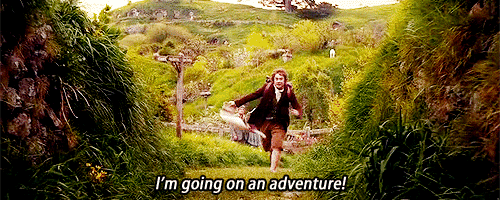


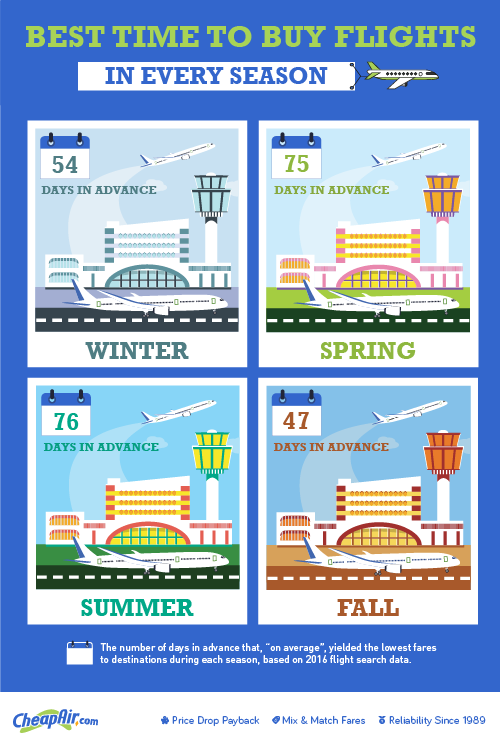
![[A103] When Your Friends Won’t Visit: Make and Keep Your Home Presentable](https://adulting.tv/wp-content/uploads/2017/12/a103-friends-visit-1200x628.jpg)
